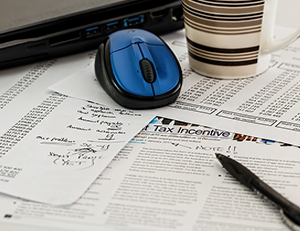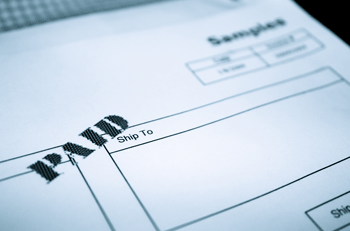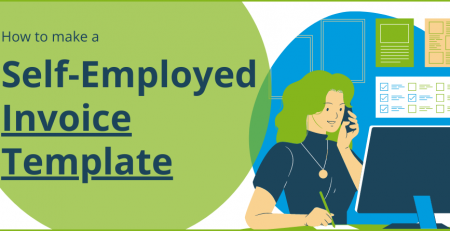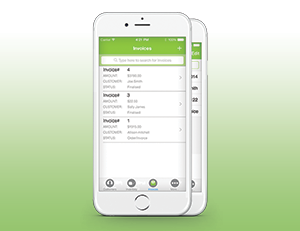Small Business Bookkeeping Deadly Sin #8: Not Keeping The Right Records For Employees
It is surprising how often a business takes on their first employee and only thinks about paying them but doesn’t give any thought at all to their other entitlements such as leave etc. Most businesses do keep records about their employees, but not everyone is aware of the full list of requirements when it comes to maintaining employee records.
It is essential to keep accurate records for at least the current and previous three tax years. This is so that you can make sure that you and your employees are paying the right amount of tax and National Insurance Contributions (NICs). It also means your employees get the legal pay they are entitled to including Statutory Sick Pay, Maternity Pay, Paternity Pay or Adoption Pay and you are complying with the law on things like the national minimum wage.
All organisations large and small need to keep certain records, some because the law requires them, and some for internal purposes. For instance, keeping records of hours worked and pay rates will enable employers to monitor legislation compliance.
But you should also keep records of:
• hours worked
• pay rates
• holidays
• accidents, injuries and dangerous occurrences
• accounting data
• crime prevention information
• pensions data
• mortgage or insurance administration
For more information, see the HMRC website.
But it is not just the HMRC that you need to be concerned with. The Labour Relations Agency gets over 30,000 calls a year about employment relations matters. So if you are an employer, I advise you to spend some time reviewing the Labour Relations Agency website.
Here is a link to the Advisory service’s Employment Questions and Answers page.
In fact, here is another link to the publications that will be helpful if you are a small business.
And yet another great UK Government site.
What information do I need to provide to my employee?
You must give your employee a record of pay and deductions every time you pay them. This includes Gross pay, tax deducted and the employee’s Class 1 NICs
You also have to give each employee a form P60 end of year certificate that provides a summary of the employee’s total pay and tax/NICs deductions at the end of each tax year.
What are my obligations to HMRC?
You must report your payroll information – which includes all employee’s pay, tax and deductions – to HMRC each time you pay them.
You must submit PAYE (Pay As You Earn) reports directly to HM Revenue & Customs (HMRC) using either your payroll software, or HMRC’s Basic PAYE Tools.
There are different submission types and timings and there is also a temporary relation of reporting arrangements for small businesses that you can read about here.
HMRC provide advice on software programs and their own Online service on their website.
This is an extremely important area of business and as you have a lot of responsibilities as an employer, I recommend you take the time to review all the information available.











Leave a Reply